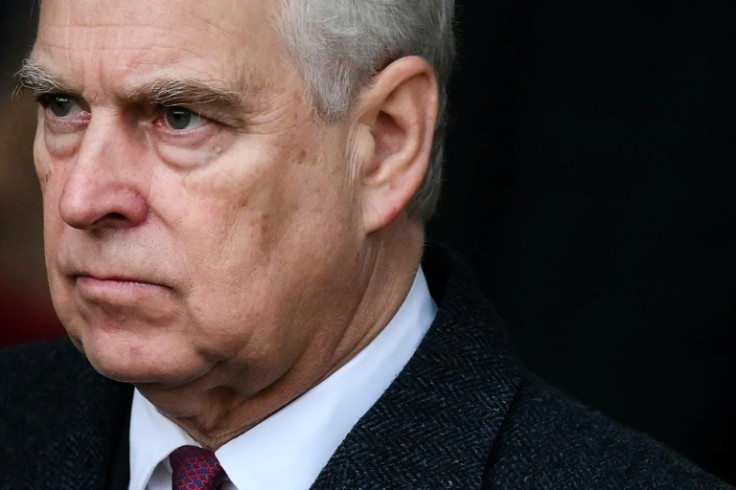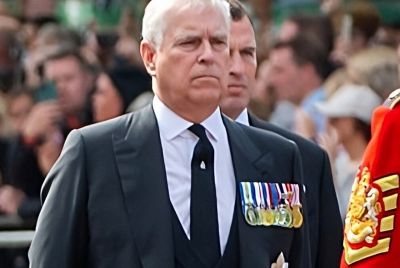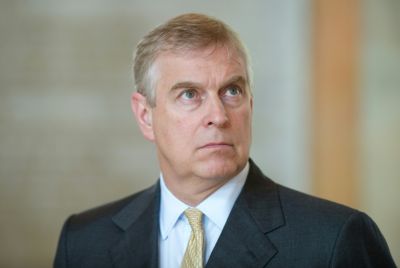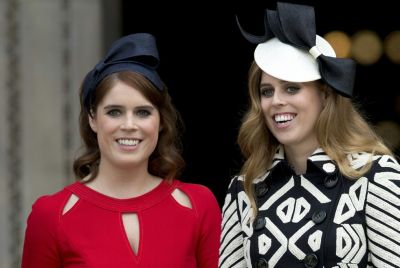Timing of Prince Andrew's Title Exit Sparks Questions over Palace Strategy

Prince Andrew's abrupt decision to relinquish his remaining titles and honours has ignited speculation over what – and who – prompted the move. Was it a pre-emptive strike, a calculated purge, or a reaction to mounting political and public pressure?
The announcement came just days before the release of a posthumous memoir by Virginia Giuffre, the late woman who accused him of sexual assault, and whose allegations have long shadowed his public life.
In a statement released on Friday, the Duke said the decision was made 'in discussion with His Majesty and his family', adding that ongoing accusations had become a 'distraction' from the King's work.
Timing Under Scrutiny
The timing of the announcement has raised eyebrows across Britain's political and media circles.
According to AFP, the 65-year-old royal said: 'I will... no longer use my title or the honours which have been conferred upon me.' He emphasised that his decision followed conversations with King Charles III and his 'immediate and wider family', insisting he was acting out of duty to 'family and country'.
The statement arrived amid fresh revelations suggesting that Andrew's ties with convicted US sex offender Jeffrey Epstein may have continued longer than previously admitted. Combined with the imminent release of Giuffre's memoir, the Palace may have faced a perfect storm of controversy that made his position untenable.
For royal watchers, the move appears to be a calculated effort to contain further embarrassment ahead of a high-profile Vatican visit by the King next week.
The End of an Era
Andrew, who stepped back from public life in 2019, will remain a prince as the second son of the late Queen Elizabeth II but will no longer hold the title of Duke of York. His former wife, Sarah Ferguson, will also cease to use the title Duchess of York, though their daughters, Princess Beatrice and Princess Eugenie, retain their royal designations.
The decision effectively ends years of uncertainty over Andrew's status, casting him out of the working royal family for good. While the late Queen often preferred a quiet, dignified approach to scandal, King Charles has demonstrated a more pragmatic strategy, prioritising the institution's integrity over individual reputation.
Allowing Andrew to step back voluntarily spares the Palace the political headache of Parliament intervening to strip him of his titles – a constitutional spectacle Buckingham Palace is keen to avoid.
Protecting the Crown
For the Palace, this move may mark an attempt to draw a definitive line under one of the monarchy's most damaging chapters. Yet whether it succeeds in restoring public trust remains to be seen.
A YouGov poll in August 2025 revealed that 67 per cent of Britons supported stripping Andrew of his remaining titles, underscoring the growing pressure for decisive action.
The Palace has declined further comment, allowing the official narrative of 'duty and family' to stand. But the message behind the gesture is clear: under King Charles, the preservation of the Crown's reputation takes precedence over the privilege of any one member.
© Copyright IBTimes 2025. All rights reserved.





















